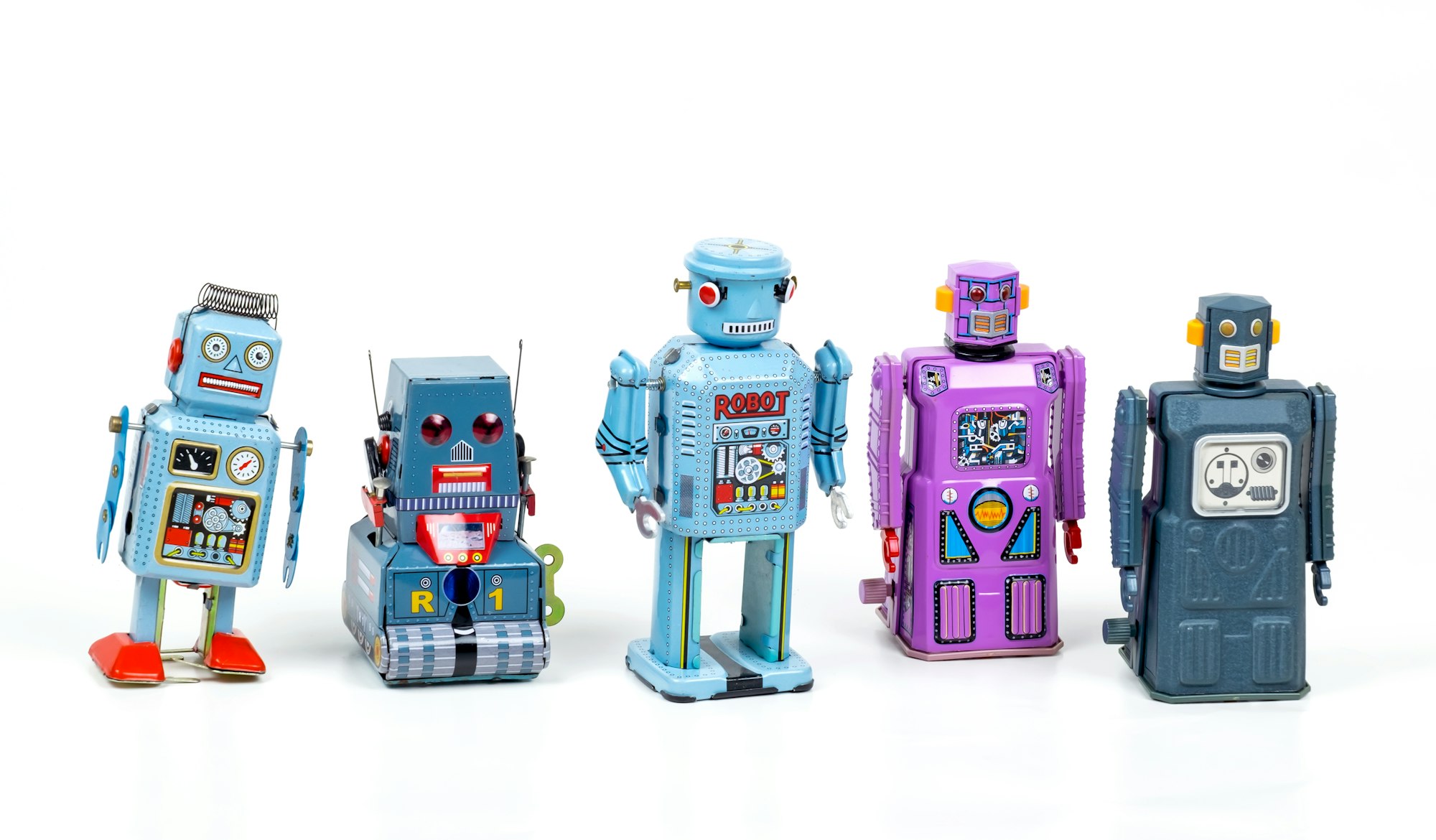Leverage

A running theme in criticism of my work up to this point has been regarding the lack of a human factor to mitigate the coldness of electronics. Computers are great at making binary true/false decisions, regardless of how major or minor those decisions are. But they fall short with complex, gray decisions where a macro black or white answer is not appropriate — the kind of decision we as humans take for granted.
Sure, I can approximate a person's decision making process by using a long chain of if/else statements, slowly whittling down a large pool of possibilities to a smaller one, but this method is inefficient. It lacks finesse and nuance, and isn't particularly well-suited to problem solving when a unique question invariable comes up.
This is where people shine, however. Our flexibility allows us to form an incredibly complex statement in a split second, then form another for a completely different topic in the next. Human decision making is exemplary at navigating through ambiguity, opinion, and uncertainty.
How can we use these ideas, however?
There are some examples of people leveraging people as computational tools, both recent and (relatively) ancient. Take the evolution algorithms from Karl Sims or Richard Dawkin's Biomorph Land, for example — two instances where man played god to computational evolution, deciding who lived on through intuition and experience. And what about Amazon Mechanical Turk, arguably the world's most popular way of turning man into machine?
We still have a long way to go in finding a sympathetic way for human and computer to not only coexist, but to thrive off one another. We're not done evolving yet.
